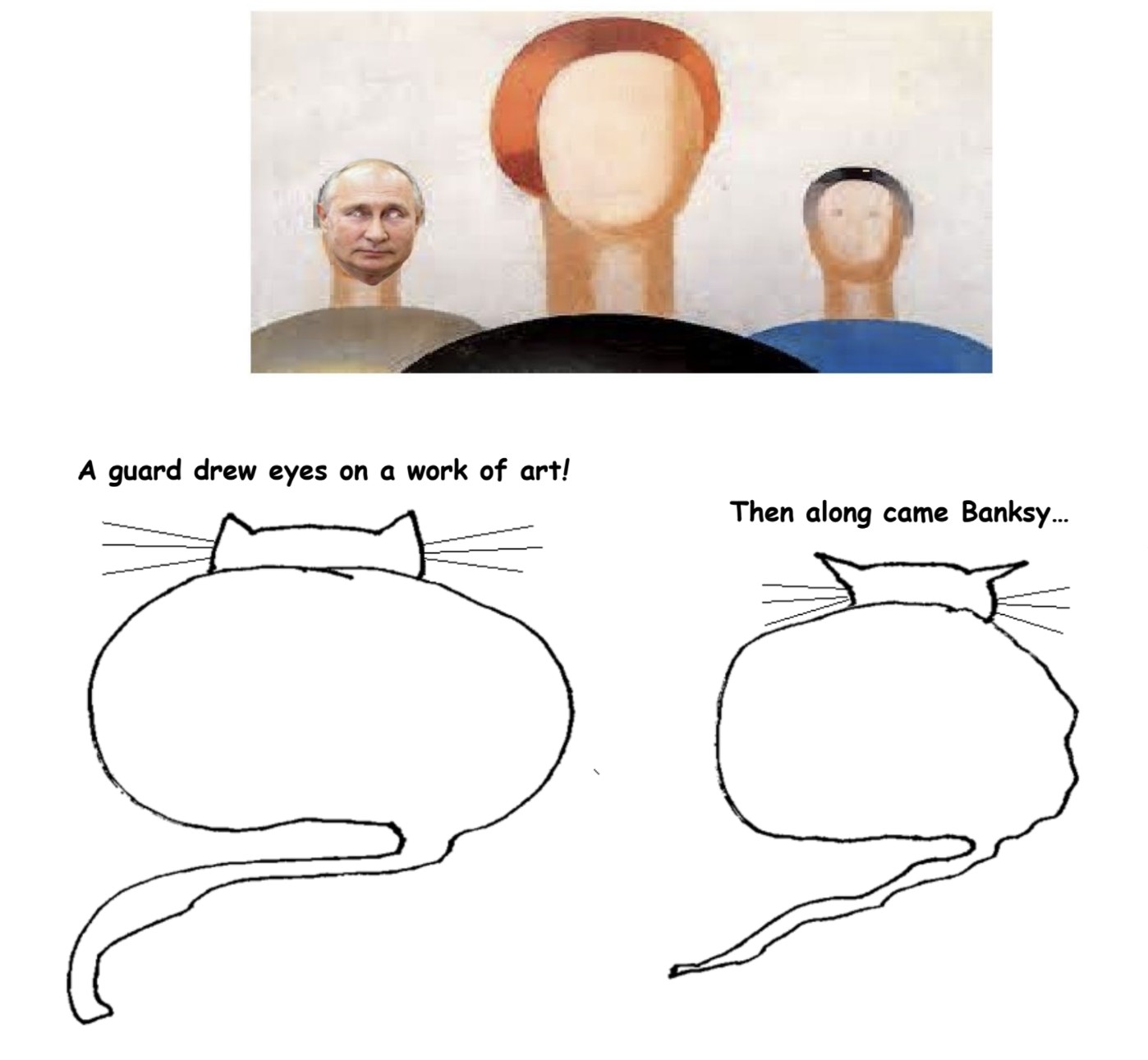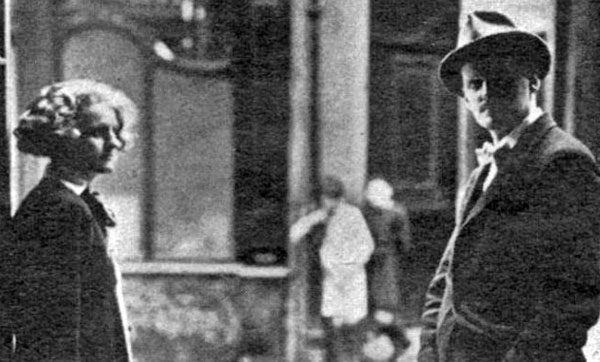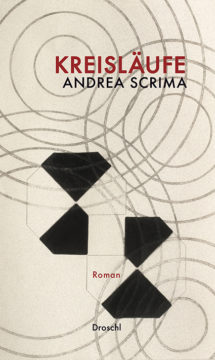by Chris Horner
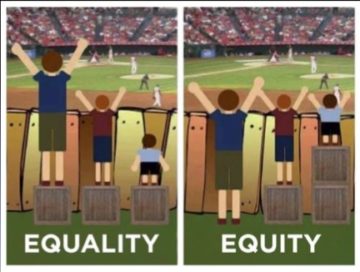
Equality v Equity
How should society go about the business of redistributing resources? Many people will be acquainted with the image featured at the top of this article. It is supposed to show the superiority of the notion of ‘equity’ – that is, giving people what they need to succeed, thus satisfying the demand for fairness that the equality approach is depicted as failing. Since people don’t start in the same place, due to gender, race, disability and so on, so the argument goes, an equal distribution is unfair: everyone goes up a bit, as in the image on the left, but since the differences haven’t been addressed, the result is unfair. So we need equity rather than equality. This is an example of an argument that looks persuasive at first glance, but which is deeply problematic when we consider it further. To see why, we need to go beyond the thought experiment approach to this issue, to see the social and political context in which it has become popular.
A first point to make is that no thoughtful advocate of greater equality has been blind to the importance of considering the needs of recipients. If equality is about justice, then it can’t just be mathematical equality. Giving the same amount of food to a malnourished person and a replete one would obviously be unfair. So if the current equity over equality argument is just saying this we could just see it just a difference in the terms one uses. But there is more going on with it than that. Read more »


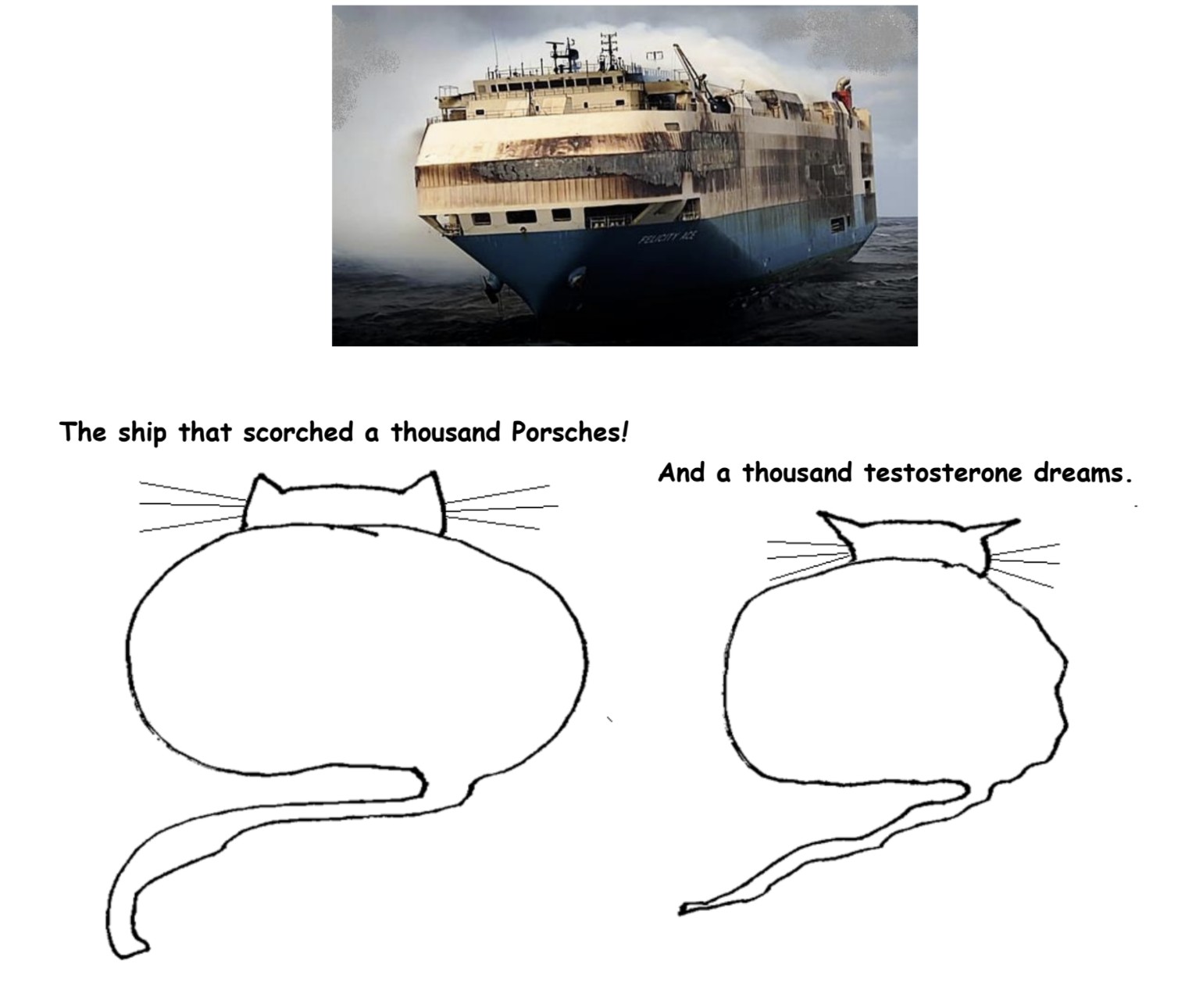
 Why do I have to help?
Why do I have to help? Among the ideas in the history of philosophy most worthy of an eye-roll is Aristotle’s claim that the study of metaphysics is the highest form of eudaimonia (variously translated as “happiness” or “flourishing”) of which human beings are capable. The metaphysician is allegedly happier than even the philosopher who makes a well-lived life the sole focus of inquiry. “Arrogant,” self-serving,” and “implausible” come immediately to mind as a first response to the argument. It’s not at all obvious that philosophers, let alone metaphysicians, are happier than anyone else nor is it obvious why the investigation of metaphysical matters is more joyful or conducive to flourishing than the investigation of other subjects.
Among the ideas in the history of philosophy most worthy of an eye-roll is Aristotle’s claim that the study of metaphysics is the highest form of eudaimonia (variously translated as “happiness” or “flourishing”) of which human beings are capable. The metaphysician is allegedly happier than even the philosopher who makes a well-lived life the sole focus of inquiry. “Arrogant,” self-serving,” and “implausible” come immediately to mind as a first response to the argument. It’s not at all obvious that philosophers, let alone metaphysicians, are happier than anyone else nor is it obvious why the investigation of metaphysical matters is more joyful or conducive to flourishing than the investigation of other subjects.
 In late January the United States Senate Health, Education, Labor and Pensions (HELP) Committee released a draft discussion of its COVID-prompted public health bill titled, “Prepare for and Respond to Existing Viruses, Emerging New Threats, and Pandemics Act” (
In late January the United States Senate Health, Education, Labor and Pensions (HELP) Committee released a draft discussion of its COVID-prompted public health bill titled, “Prepare for and Respond to Existing Viruses, Emerging New Threats, and Pandemics Act” ( Soon K.N.Raj gave up his Vice-Chancellorship and moved to his home state, Kerala, and started a new institution, Center for Development Studies (CDS). He tried to lure me (and Kalpana) to join the faculty there, and even offered to get us land on which he’d persuade his friend Laurie Baker (a resident British-Quaker architect) to build us a low-cost, energy-efficient beautiful house (like his own). At CDS, he not merely provided intellectual leadership, he was the pater-familias for the group. After a whole day of teaching and seminars, in the evening he’d visit his colleagues’ homes, try to solve their multifarious domestic problems, while his wife, Sarsamma, will minister to their sundry medical needs. Once driving me to the airport, when I was all praise for the young institution and the community he was in the process of building, he asked me if I had any word of criticism. I told him it was too much of a “Hindu undivided family” for my taste. Raj corrected me and said it was not “Hindu” — he did not seem to mind the “undivided family” part.
Soon K.N.Raj gave up his Vice-Chancellorship and moved to his home state, Kerala, and started a new institution, Center for Development Studies (CDS). He tried to lure me (and Kalpana) to join the faculty there, and even offered to get us land on which he’d persuade his friend Laurie Baker (a resident British-Quaker architect) to build us a low-cost, energy-efficient beautiful house (like his own). At CDS, he not merely provided intellectual leadership, he was the pater-familias for the group. After a whole day of teaching and seminars, in the evening he’d visit his colleagues’ homes, try to solve their multifarious domestic problems, while his wife, Sarsamma, will minister to their sundry medical needs. Once driving me to the airport, when I was all praise for the young institution and the community he was in the process of building, he asked me if I had any word of criticism. I told him it was too much of a “Hindu undivided family” for my taste. Raj corrected me and said it was not “Hindu” — he did not seem to mind the “undivided family” part.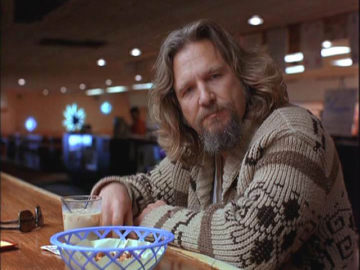
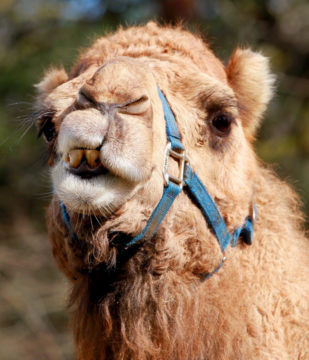

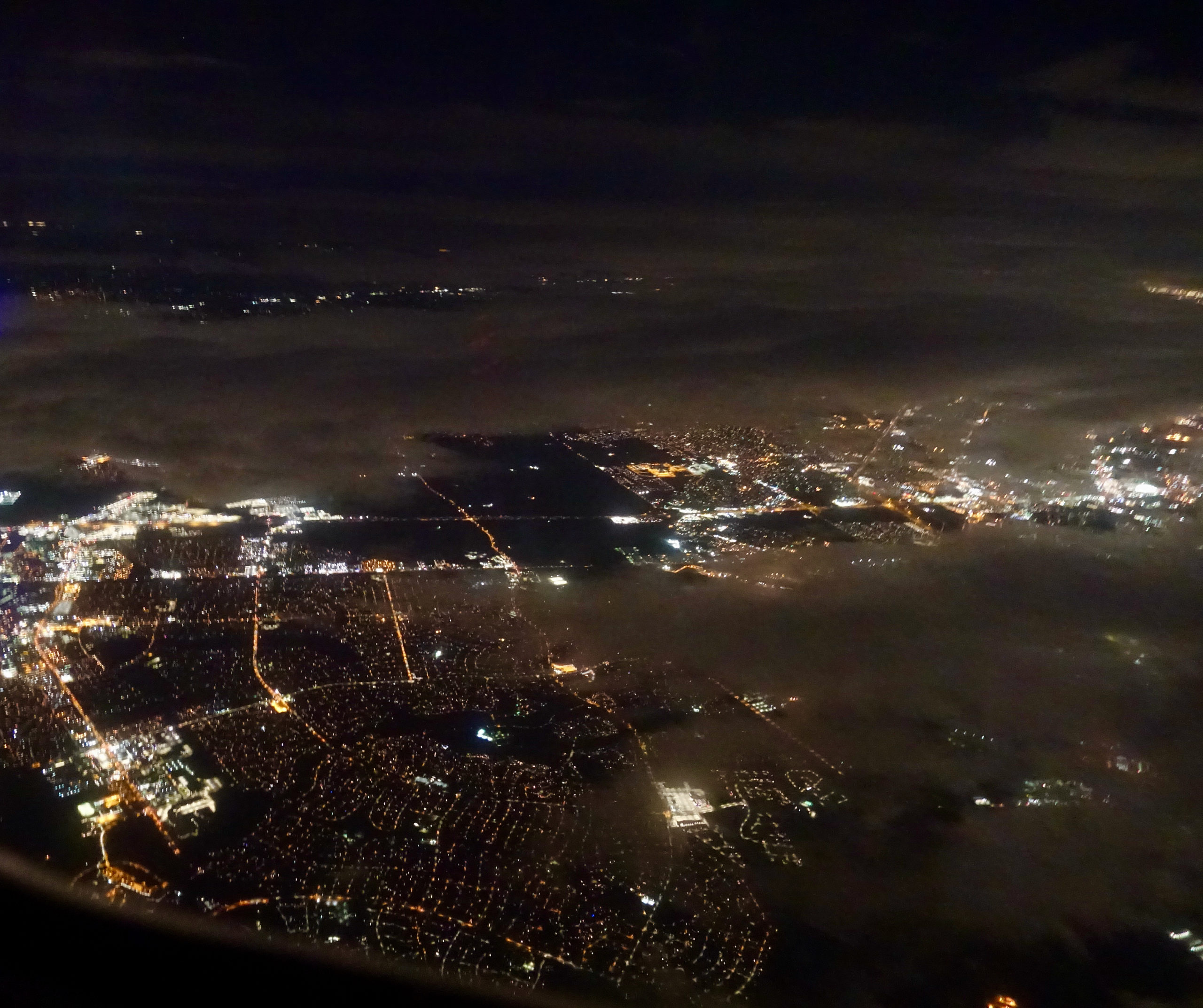 Sughra Raza. Kaamdani, Approaching Santiago, Chile, 2017.
Sughra Raza. Kaamdani, Approaching Santiago, Chile, 2017.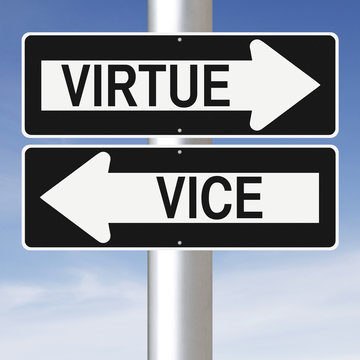
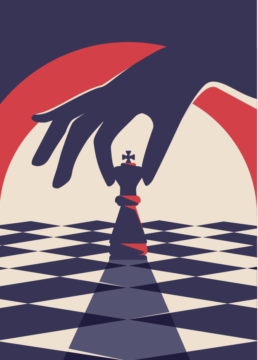 In the game of chess, there are dramatic moves such as when a knight puts the king in check while at the same time attacking the queen from the same square. Such a move is called a fork, and it’s always a delicious feeling to watch your opponent purse his lips and shake his head when you manage a good fork. The most dramatic move is obviously checkmate, when you capture the king, hide your delight, and put the pieces back in the box. But getting to either the fork or checkmate involves what’s known in chess as positioning, and for the masters, often involves quiet moves long in advance of the victory.
In the game of chess, there are dramatic moves such as when a knight puts the king in check while at the same time attacking the queen from the same square. Such a move is called a fork, and it’s always a delicious feeling to watch your opponent purse his lips and shake his head when you manage a good fork. The most dramatic move is obviously checkmate, when you capture the king, hide your delight, and put the pieces back in the box. But getting to either the fork or checkmate involves what’s known in chess as positioning, and for the masters, often involves quiet moves long in advance of the victory.